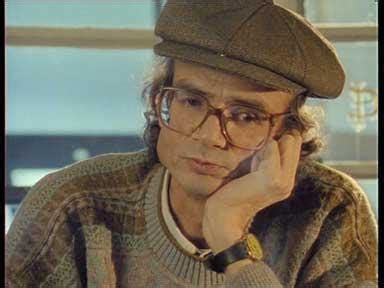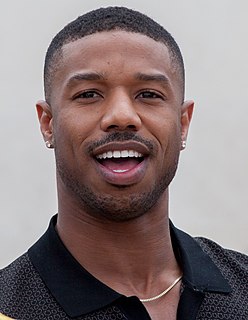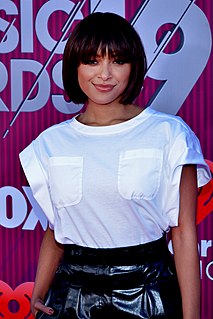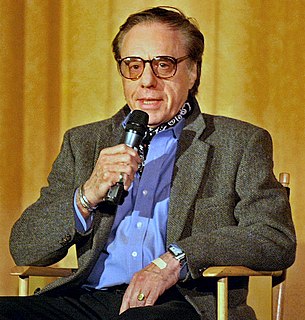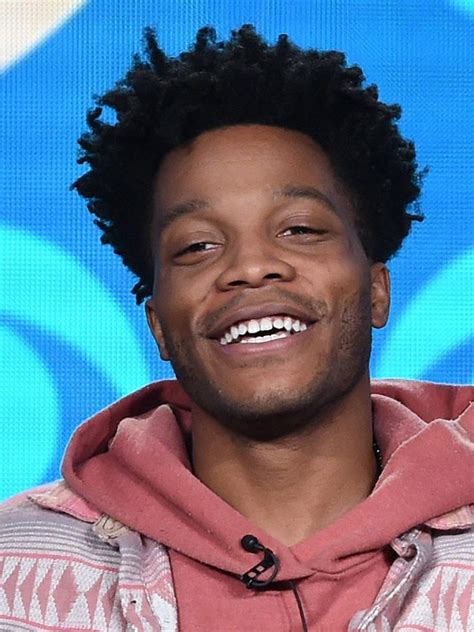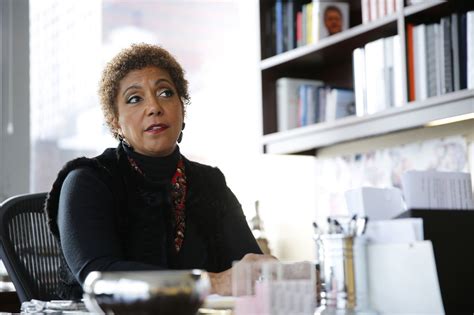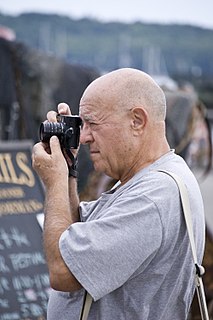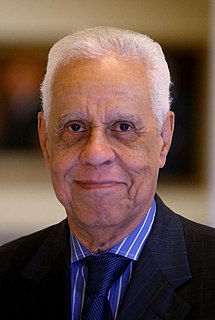A Quote by Joe Morton
I want to put something on the screen that audiences have never seen black actors do before, roles that will widen views of who African-Americans are.
Related Quotes
The fact that there aren't an abundance of African-American males that are getting lead roles [and] that are getting roles that have prominence on the big screen. [It's] the same thing from behind the camera; maybe even worse. Coming up, when you're black and you want to direct somebody says, "Oh, you're Spike Lee" or "You're John Singleton."
I think one of the reasons younger people don't like older films, films made say before the '60s, is that they've never seen them on a big screen, ever. If you don't see a film on a big screen, you haven't really seen it. You've seen a version of it, but you haven't seen it. That's my feeling, but I'm old-fashioned.
I sat down with CBS, and we talked about me developing a show for them. At the time, I was meeting with a lot of networks. And I told them, 'I don't want to be acting on your show as the token black guy. I want to do something that will change a network and will change the way people view African-Americans on TV.'
Obama was elected in a flourish of promise that many in the African-American community believed would help not only to symbolize African-American progress since the Civil War and Civil Rights Acts but that his presidency would result in doors opening in the halls of power as had never been seen before by black America.
One of the things that made the Black Muslim movement grow was its emphasis upon things African. This was the secret to the growth of the Black Muslim movement. African blood, African origin, African culture, African ties. And you'd be surprised - we discovered that deep within the subconscious of the black man in this country, he is still more African than he is American.

